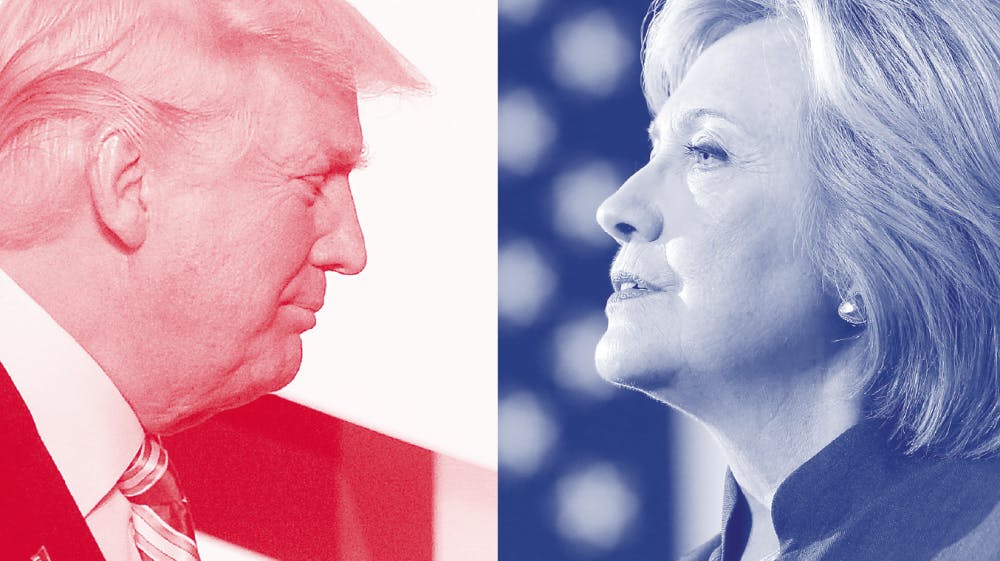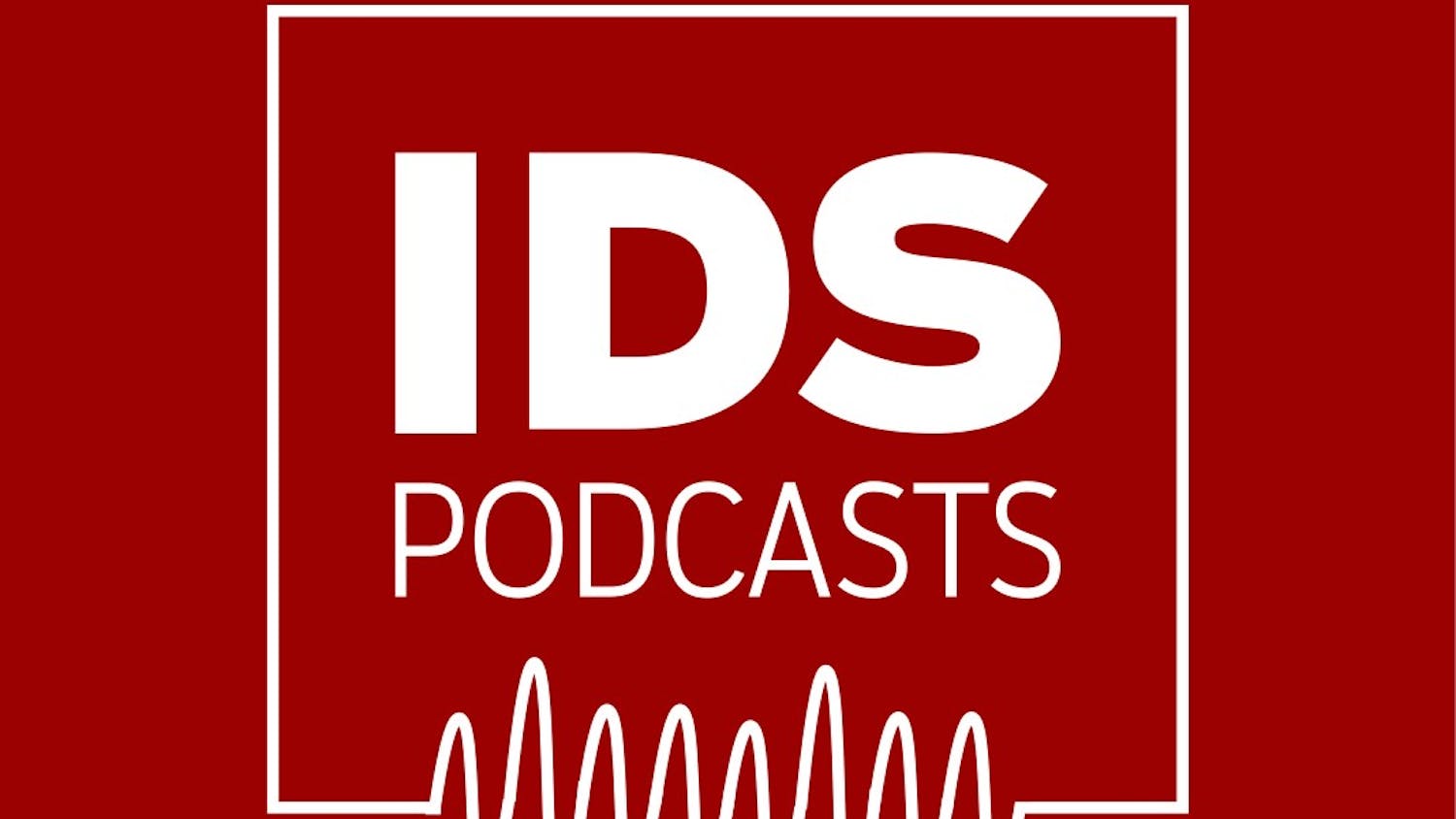Much to the Hoosier Debate Team’s frustration, they have no idea who won the first general presidential debate.
“Trump was too aggressive, but Hillary followed him down the rabbit hole,” sophomore debate team member Harry Aaronson said.
The team held a watch party Monday night in the School of Public and Environmental Health for the first general debate. Instead of focusing on partisan participation, the purpose of the event was to help students form their own opinions about the debate before seeing the analysis from other people or the media, debate director Brian DeLong said.
Before the debate, Aaronson said he thought Clinton needed to do more than just not look bad. She also needed to look much better than Trump. But by the end, she had not done this.
[IU Republicans had differing views on debate | IDS]
Aaronson expects to wait for the media’s take on the debate before making a final decision, he said.
In the opinion of sophomore debater Stanley Njuguna, Clinton won, although he said she “failed to get enough zingers.”
[Local democrats react to debate | IDS]
Senior debate captain Bee Smale said they think both Hillary Clinton and Donald Trump lost. Neither performance energized them, and most of what they saw seemed to be focused on tearing the other candidate down more than building themselves up.
“I think they both successfully prevented the other from doing what they wanted to do,” they said.
Before the debate began, an online poll through the Hoosier Debate website had 40 percent voting for Clinton, 52 percent voting for Trump, and 8 percent undecided. Afterward, a follow-up reported 43 percent of those who followed the blog thought Trump won and 29 percent thought Clinton won. The other 14 percent reported they believed the performances helped third party candidates.
Throughout the debate, the team and its watchers stayed relatively quiet, reacting more to unexpected or questionable claims and than specific policy points.
For debaters, the election is a very thorough process, DeLong said. While others may be too busy to pay attention after a while, he stays alert to every aspect.
DeLong’s take on the election is broad in length but narrow in analysis, he said. He analyzes the strategies of the candidates, not just what they say.
“There’s a lot of uncertainty in the debate,” Delong said. “Speaking is an art form. There’s not one right or wrong answer.”
Smale said history has shown them how important a debate can be. They referenced the first broadcast debate between John F. Kennedy and Richard Nixon, where the radio listeners believed Nixon won, but TV viewers leaned toward a Kennedy success.
They said looking at the specific rhetoric of the debate is easier for them than really looking at individual points.
“It kind of helps with the existential dread that comes with the idea of Trump being president,” Smale said.
Although they said they do not like the Republican candidate, Smale thinks Trump does an impressive job of persuading his audience.
“He’s not just bumbling around,” Smale said. “He knows exactly what he is doing.”
Due to Trump’s effectiveness, Smale said they believe Trump could wind up killing the American people, or at the very least, undoing the years of progress Smale has seen under the Obama administration.
They said they hope students register to vote, which is one of the easiest ways anyone can help influence policy.
“It might save the world,” Smale said.




